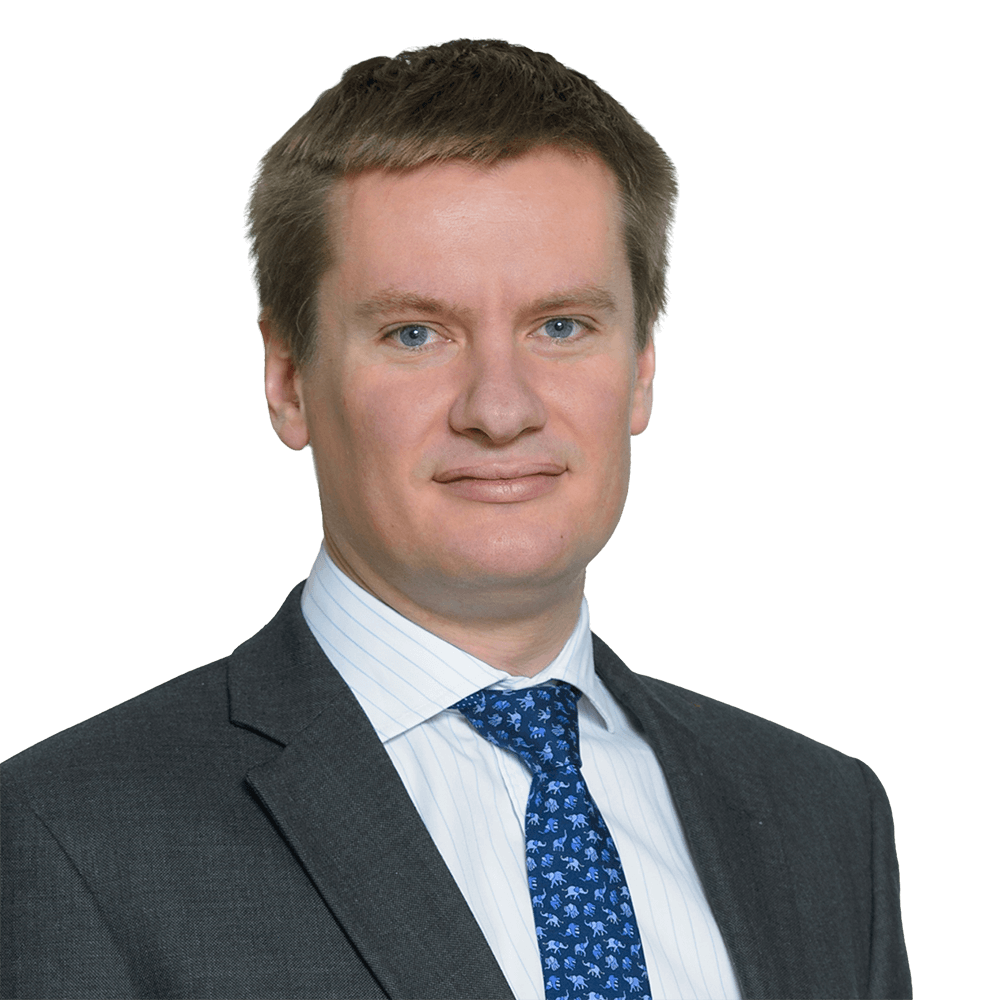IP@OC Update | February 2017
Published on 8th February 2017
Welcome to the latest edition of Osborne Clarke’s IP@OC Update.
2016 was the year that AI entered mainstream public consciousness, adding Go to the list of games in which humans can no longer claim superiority and entering our homes in the form of Amazon’s “Alexa” Echo. Following the pattern typical for disruptive technologies, this has caused the regulators to start sitting up and taking notice. We look at the positively futuristic proposals that have been raised in the European Parliament: human rights for robots and a universal wage, anyone?
This update also contains a selection of developments across the EU, on copyright, trade marks and image rights. We also feature for the first time a contribution from our new colleagues in Singapore, on a recent patent dispute of note. And even as Chia Ling’s team are settling in, Osborne Clarke continues to strengthen its international IP services with new hires in two jurisdictions.
- In the UK, a team of six is joining this month from IP boutique Rouse & Co, including both disputes lawyers and trade mark attorneys and led by Arty Rajendra and Mark Foreman. Arty and Mark act for a wide range of national and global businesses, including a number that Osborne Clarke already advises. Their trade mark filing practice will substantially enhance our existing services in this area.
- In Belgium, Benjamin Docquir brings broad experience of intellectual property law at large, both transactional and litigious, specialising in particular in financial technology and also digital environment issues such as software licensing, open source software, databases and software patents.
Finally, as the UK looks close to finally triggering article 50 and beginning negotiations for exiting the EU, we look at what this means for the implementation of another European project that has been many years in the making: the Unified Patent Court.
We hope you enjoy these articles. If you would like to discuss any of the issues raised in this Update, please get in touch with the author of the article or your usual Osborne Clarke contact.
European Parliament considers introducing legal rights and responsibilities for robots
On 12 January 2016, a committee of the European Parliament approved a draft resolution on robotics and artificial intelligence. The resolution, which will be debated by Parliament this month, contains a number of eye-catching proposals. If passed, the proposal could pave the way for robots to be given legal rights and responsibilities, raising a host of legal, ethical and societal issues.
2017: the year of the UPC?
After the Brexit vote in June 2016, many of Europe’s patent lawyers’ feared this could be the end for the Unified Patent Court. Before the referendum, the project had looked to be nearing completion, after a decade of negotiation and preparation. However, UK’s the ratification was necessary before the Unitary Patent and Unified Patent Court could come into effect.
Thankfully, the UK government has since reaffirmed its intention to ratify the UPC Agreement, but a number of questions remain and a smooth implementation is not yet a certainty.
Germany finally tightens copyright contract law
After two years of debate, the German federal parliament has finally tightened the legislation on copyright contract law with a view to enhancing the bargaining power of individual authors in their dealing with publishers. A new “Act for improved enforcement of claims of authors for reasonable compensation” will come into force on 1 March 2017.
French public authorities given new image rights over national estates
French case law has consistently held that the owners of buildings or historical structures do not have any exclusive right over the image of such building, so absent any accompanying illicit action cannot prevent the taking of pictures or videos of the building.
Today, however, this principle is at risk of being seriously undermined by the recent “Heritage Act”.
Singapore High Court rules on damages for patent infringement
Although patent infringement disputes are common, it is rare for the courts to have to calculate precisely what damages should be paid following a finding of infringement. This is because the parties usually manage to settle once the question of liability has been decided.
But a recent dispute in the Singapore High Court provides a useful illustration of the sorts of issues that a court might have to grapple with to decide exactly what damages should be awarded.
Caffè Nero fails to have CAFFÈ NERO registered as an EU trade mark
The CJEU General Court has rejected an appeal from Caffè Nero to register both the word mark CAFFÈ NERO and logo. On the basis that the proposed mark translates as black coffee in Italian, the court considered the trade mark descriptive for coffee related products and that the public may misunderstand other goods labelled with the mark (such as tea, chocolate etc) to contain black coffee.
The case demonstrates the challenges faced in trying to protect descriptive marks.
No trade mark for Rubik’s cube shape, says the CJEU
Following a ten year battle, the CJEU has ruled that a three dimensional shape mark for the Rubik’s cube is invalid, on the basis that the mark consists exclusively of the shape of goods which is necessary to obtain a technical result. The stance taken by the CJEU shows that it is necessary to look beyond the representation of a shape mark to the product that is being protected, to see if in reality the mark is being used to protect a technical result.







